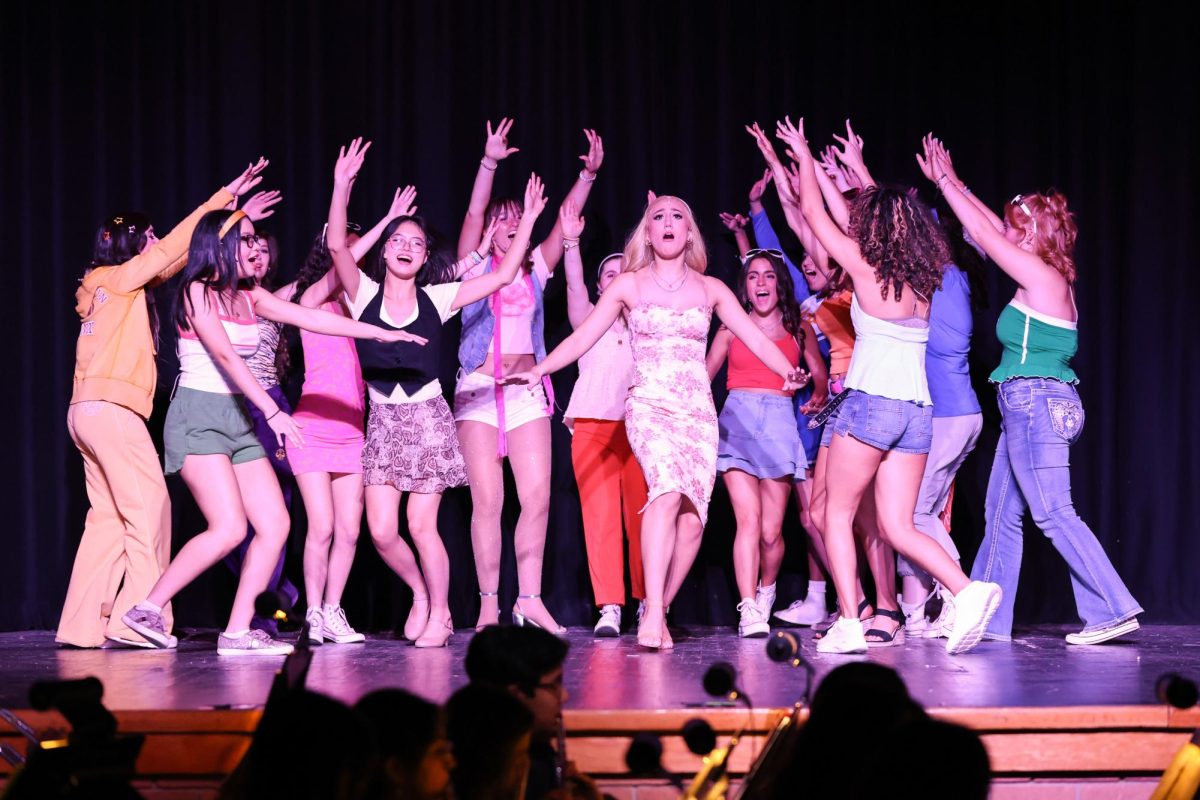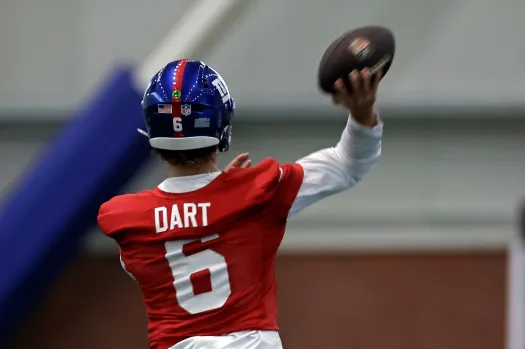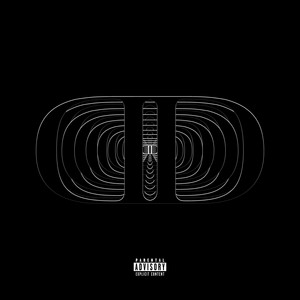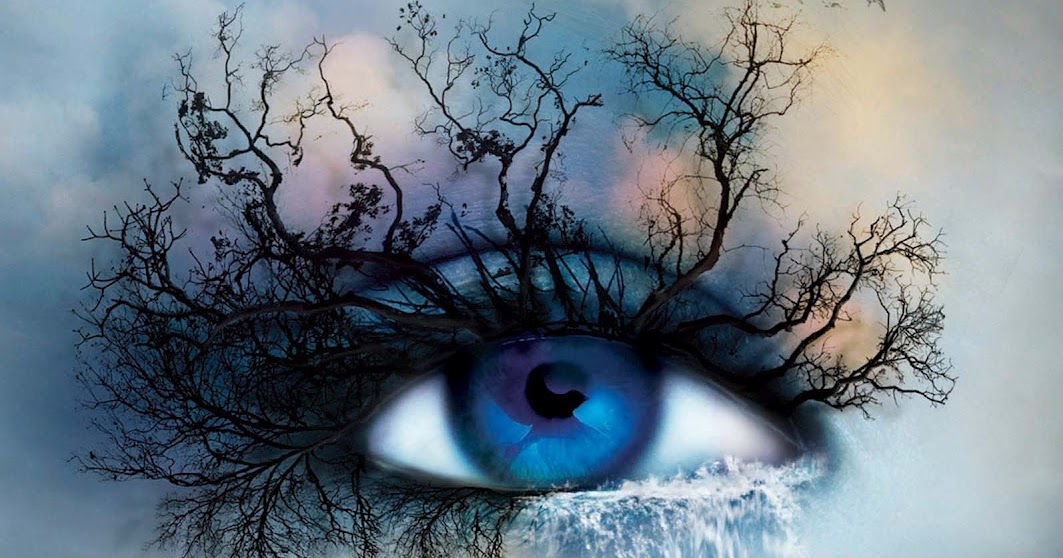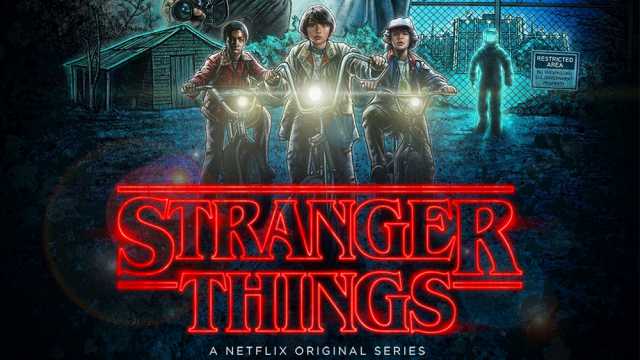Stranger Things is Strangely Addicting
January 12, 2017
Despite Netflix’s beginnings as a streaming service, the company has never missed the opportunity to release its own original series. These shows have almost always received split opinions, with the overall verdict falling within the “just good enough to keep me coming back for more” range. Enter Stranger Things– a show which dominated the majority of this summer’s conversation, and for good reason. The show brilliantly manages to blend classic sci-fi elements with interesting characters and a complex storyline. Allow me to set the scene.
Taking place in a small Indiana town in 1983, each episode follows a cast of characters forced to deal with some rather… odd events. A small boy named Will has gone missing, and it’s up to his three friends to bring him back. While they attempt to do that, a sheriff is left to examine the true past behind the town’s secret research facility, and with each new discovery the truth behind Will’s disappearance becomes more and more unsettling. At the same time, Will’s mother begins receiving strange phone calls- coupled with horrifying events occurring within her home. Even the three main boys, who start their search with no fruitful results, are soon greeted by a mysterious girl named Eleven. For every discovery, the show’s developers reveal two more mysteries in need of solving. This show is a mystery story at its core, and each moment is filled with the viewer trying to figure out the same things as the characters within the show.
The story is a powerful one, and the characters feel real and complex. The town is reminiscent of an actual town- where every person is connected to one another and the events which transpire. Unfortunately, despite the show’s array of positive qualities, it does hold a few detrimental flaws. First and foremost, the show’s pacing holds it back from being a complete success. Common television tropes which the show would inevitably need to visit at some point, such as someone finally believing a character who was before seen as crazy (in this case Will’s mother), take too long to be completely established. When this revelation was finally developed I did not feel happy because of the characters’ belief in one another, but rather because I would no longer need to scream at the screen in hopes that people would begin to believe her. Furthermore, considering the fact that the three boys are the main characters, it does not reflect well on the show when one of them feels lackluster at best. Lucas, who starts off relatively decent, develops into someone who continuously questions the validity of Eleven and her motives. While this is an important angle to consider, Lucas does it in the most unreasonable of ways, and often slows down the search for Will, when his reason for his suspicion is the sole fact that he wants to find Will as soon as possible. His loyalty is appreciated, but in many ways pushes him further and further down the list of best to worst characters within the show.
The ending of season one is fantastic, and does an amazing job of bringing every main character together. The stakes feel higher than ever, and every character thrives within this new, supportive environment. While the show is quick to separate these characters in preparation for the “final fight”, their brief moments together help solidify their roles as complex humans with actual emotions. They might disagree, argue, and dislike one another at times, but they are a true family with undying loyalty to one another. Without spoiling anything, the final look into the world of Stranger Things helps develop a feeling of unity, love, friendship, and success, while also managing to create feelings of sadness, mystery, and hope within the darkness. Now if only season two would somehow come out tomorrow.
Then again, stranger things have happened.
Final Score: 9.2









